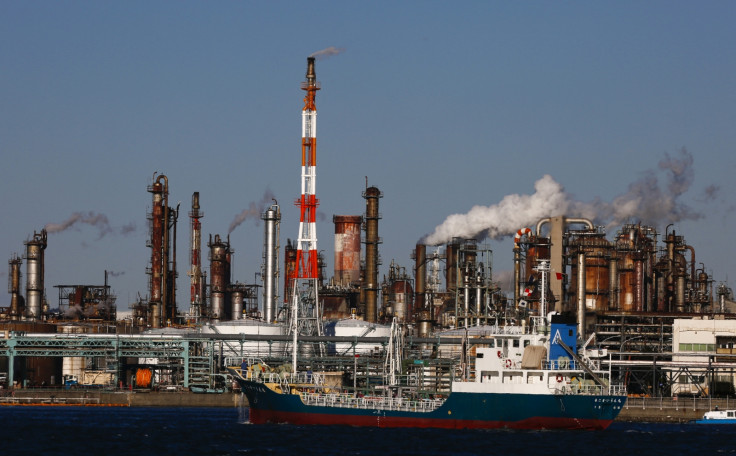Commodities: WTI plunges below $47 as oil market rout continues on Opec jitters
Concerns over Opec ability to lower crude production weighed on oil prices, while gold rose as dollar weakened.

Oil futures took another pounding on Tuesday (1 November) sliding to a one-month low, as traders fret over Opec's ability to reduce the global supply glut following revelations of splits within the cartel's ranks.
At 4:45pm BST, the West Texas Intermediate (WTI) front-month futures contract was down 1.07% or 50 cents to $46.36 per barrel, while Brent was 0.97% or 47 cents lower at $48.14 per barrel, as both contracts stayed in intraday negative territory, extending the previous session's losses of over 3%.
Bearish sentiment took hold following Iraq's request , on 24 October, for an exemption from Opec's proposed headline production cut from 34.6m barrels per day (bpd) down to a 32.5m to 33.0m bpd range.
Both benchmarks spiked to 15-month highs on 19 October, but have been in general retreat ever since, as traders continue to cast doubt on cooperation between Opec, led by Saudi Arabia, and Russia. Both parties met in February and April, but failed to reach a conclusive agreement.
With Libya, Nigeria and Iran, unlikely to partake in any output cut, and Iraq demanding to join the their ranks, Opec's meeting on 30 November – where details of the proposed cut were scheduled to be released – risks descending from an eagerly awaited event to something of a damp squib, according to market commentators.
In a note to clients, analysts at Vienna-based JBC Energy said: "Shorts, ie. bets on a lower oil-price, have increased by more than 40% on the Brent side in the space of two weeks. With the Opec meeting just a few weeks away, questions about how the group can achieve its targeted cut are becoming more pertinent.
"Furthermore, we assess total Opec crude supply to have risen some 50,000 bpd month-on-month in October despite a seasonal drop-off in Saudi Arabian output and field maintenance in Angola."
Fawad Razaqzada, market analyst at Forex.com, said: "The oil surplus is growing and unless the Opec and Russia can somehow manage to come up with a plan to reduce their output, oil prices will almost certainly come under further pressure."
Away from the oil market, precious metals registered gains on global jitters over the outcome of the US presidential election with Democrat Hillary Clinton losing ground against her Republican opponent Donald Trump.
At 5:04pm BST, the Comex gold futures contract for December delivery was up 1.37% or $17.43 at $1,290.50 an ounce, while spot platinum was 1.34% or $13.18 higher at $995.07 an ounce. Comex silver futures notched a gain of 3.76% or 67 cents to $18.47 an ounce.
Gold futures also benefitted from a lower dollar as investors await the US Federal Reserve's latest policy decision due to be released Wednesday afternoon. While hardly anyone expects the central bank to hike interest rates so close to the 8 November presidential election, the market would be examining the Fed's tone for possible signals on its plans for raising rates in December.
Josh Saul, chief executive officer of bullion trader The Pure Gold company, said: "With a weaker currency, and low interest rates, people are starting to worry about the purchasing power of their currency and this is motivating them to hold physical gold for the long term."
"We have seen a 21% rise in first time buyers to the physical gold market and a 29% jump in SIPP [Self-Invested Personal Pension] investors last week. Investors, new and old, are citing uncertainties like Brexit, the US elections, a Chinese slowdown and bank instability as their motivation for buying the precious metal."
© Copyright IBTimes 2025. All rights reserved.






















